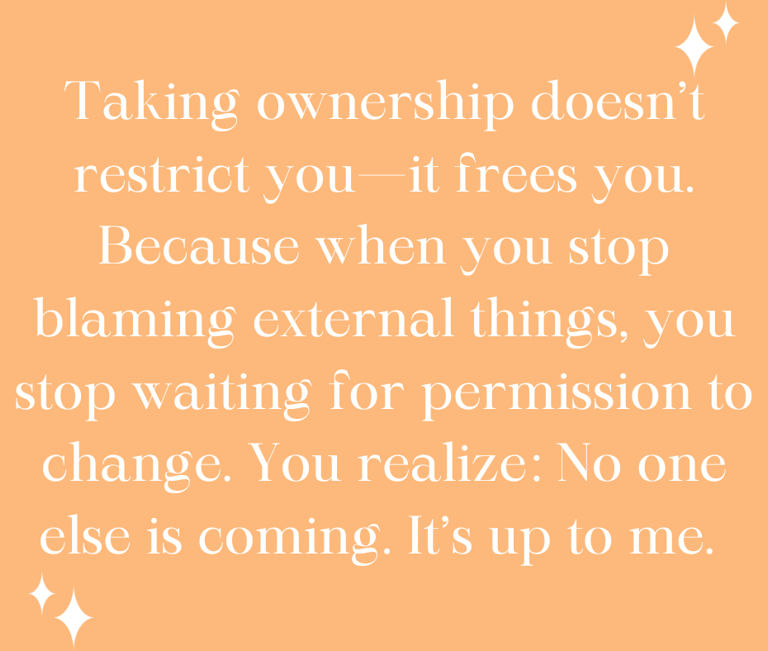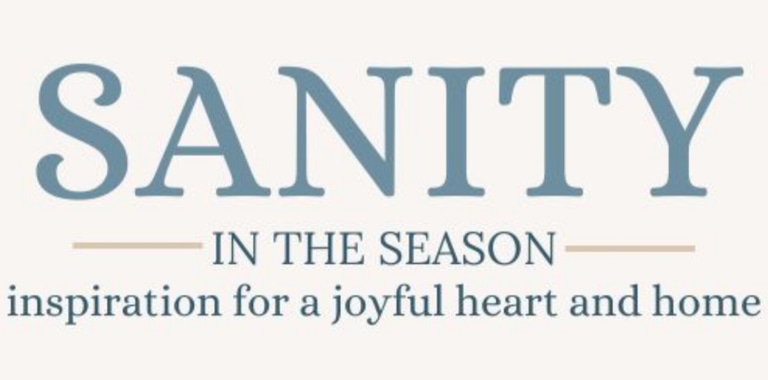Your Habits, Your Health: Why Health Isn't Random
Your Habits, Your Health: Why Health Isn't Random
The reasoning behind if/then statements is based on cause and effect logic. They’re used to show a relationship between an action (or lack of action) and its consequence.
IF something happens (the cause),
THEN something else will happen (the effect).
It’s foundational for understanding how our choices impact our health and well-being.
For example: “If you don’t drink water, then you will become dehydrated.”
IF you don’t drink enough water → your body lacks the fluids it needs to function.
Water is crucial for circulation, temperature regulation, digestion, joint lubrication, and more.
THEN the body begins to show signs of dehydration (e.g., fatigue, dry mouth, headaches, dizziness).
So the “then” is a natural, predictable outcome of the “if.”
Wellness Isn't Just Luck: If/Then Logic
🔁 More Everyday Wellness Examples:
If you skip meals regularly - Then your blood sugar may crash, leading to fatigue and irritability.
If you lift weights regularly - Then your muscles and bones will get stronger.
If you stay up too late scrolling - Then your sleep quality (and next day energy) may suffer.
If you breathe deeply during stress - Then your nervous system will calm down faster.
If a Healthy Habit Helps, Then Avoiding It Can Hurt
It's well established that consistently eating a whole-food, balanced diet—high in protein and low in processed sugar—can significantly reduce the risk of type 2 diabetes and other chronic diseases. Most people would agree with that. But if we accept this as true, we also have to accept the flip side: not following this kind of diet increases our risk of developing those same conditions.
Another clear example is exercise. Consistent physical activity has been proven to reduce the risk of chronic illness, extend lifespan, and support physical independence as we age. If this is true, then we must also recognize that not exercising regularly can increase the risk of disease, shorten lifespan, and raise the chances of needing assistance with daily tasks earlier in life.
Consider the THEN of continuing to neglect your health. What impact will that have on your future? Your family's future? The consequences could be devastating for you and for the people you love. Taking care of yourself IS taking care of others.
When we acknowledge the proven benefits of habits like healthy eating and regular exercise, we also have to take responsibility for the consequences of neglecting them.
It's so easy to complicate health and wellness but for most people, developing a solid foundation of physical and mental health comes down to the choices we make everyday.
In Atomic Habits, James Clear shares a powerful idea: every choice we make is a vote for the kind of person we want to become.
Think about it this way—wanting to be a better writer, but never actually writing, raises a fair question: Is the desire really there, or is there just a disconnect between the intention and the action that brings it to life?
The same goes for health. It’s easy to say, “I want to feel better” or “I want to be healthy.” But when the daily choices don’t support that vision, it’s worth pausing to reflect. Maybe it’s not a lack of will, but simply not recognizing how much those everyday decisions are shaping the outcome.
It’s not about perfection. It’s about noticing the pattern.
Every snack, every skipped walk, every late night—it’s all a quiet vote.
And the beauty is, we can start casting different votes at any time.


How to Build a Solid Foundation for Better Health—Without Overcomplicating It
Be Honest With Yourself: Your Health, Your Choices
Years ago, I was in a different season—and also a different mindset. While talking with a friend who was very fit and committed to making her health a priority, I explained to her all the reasons why I wasn't able to work out. I mentioned things like: "I'm too tired because my daughter still wakes up at night," "My schedule is too unpredictable," and "I don't have the energy."
Her response initially infuriated me. She simply said, "It's all just excuses."
In my mind, my first reaction was that she didn't understand my situation. But when I really thought about it, I had to admit—she was right. She had young kids too. She had a crazy schedule too. But she was making her health a priority and not compromising.
I had a choice: I could make my health a priority, or continue to neglect it and suffer the consequences.
And there's always consequences.
Deep down, most of us already know what we should be doing for our health. We just don’t always do it. And the hardest part? Being honest with ourselves when we don’t.
It’s not easy to look in the mirror and admit:
“I’ve been making choices that don’t align with the health I say I want.”
But that kind of honesty is the foundation of real, lasting change.


The Blame Game
We’ve all done it.
“My metabolism is just slow.”
“My parents had heart problems—so it’s genetic.”
“I’m too busy to cook or exercise.”
“I don’t have the willpower.”
While genes, environment, and circumstances play a role, they don’t write your story—you do. Research shows that lifestyle factors like diet, sleep, movement, and stress management have a huge impact, even on conditions with a genetic component.
We don’t get to choose our DNA, but we do get to choose how we respond to it.


What Taking Ownership Looks Like
Taking responsibility for your health doesn’t mean beating yourself up. It means recognizing:
Your habits are within your control.
You have the power to change—even if it’s hard.
You can’t out-blame, out-gene, or out-luck your way to better health.
It’s saying:
“No, I didn’t make great food choices this week. That’s on me. And I can do better.”
Honest Self-Check Questions
Try asking yourself this, regularly and without judgment:
Am I fueling my body with what it needs, or just what’s easy?
Am I moving my body because I respect it, or neglecting it?
Am I using excuses to delay responsibility?
Do my choices align with my goals—or just my comfort?


Change Starts Here
If you're serious about taking care of your body (and mind), be encouraged. It's not as complicated as we are led to believe. If you're struggling with low energy, not feeling your best, or even diagnosed with a health condition, honestly examine your choices. Are you making choices that are votes for health and healing or not? And if not, GREAT! That means there is so much you can do to improve your life! Consider the THEN of the choices you make throughout the day.
IF I don't make my sleep a priority THEN I will probably experience low energy and fatigue and slow my body's ability to recover.
IF I eat junk for dinner THEN I will feel terrible and reinforce the craving for more junk food.
If I choose to go for a walk after dinner instead of zoning out in front of the TV THEN I will improve my mood, sleep, digestion, and begin a new habit for health and longevity.
If I speak encouraging, kind, and helpful words to myself THEN I will experience less fear and anxiety.
As someone who has struggled with severe anxiety and the chronic pain it caused, choosing to take ownership of my choices has been key to my healing.
I’m not saying we have the power to “fix” every ailment we face—but the truth is, we likely have the power to improve or even resolve many of them. Vote for health!
Vote for healing!
Vote for longevity!
Vote for strength!
Vote for freedom - from pills, from doctors, from fear!
Vote for peace of mind!
Your health isn’t built in one day—but it is built one choice at a time. So choose wisely. Choose consistently. And most of all, choose to show up for yourself (and your family). You’re worth it!
